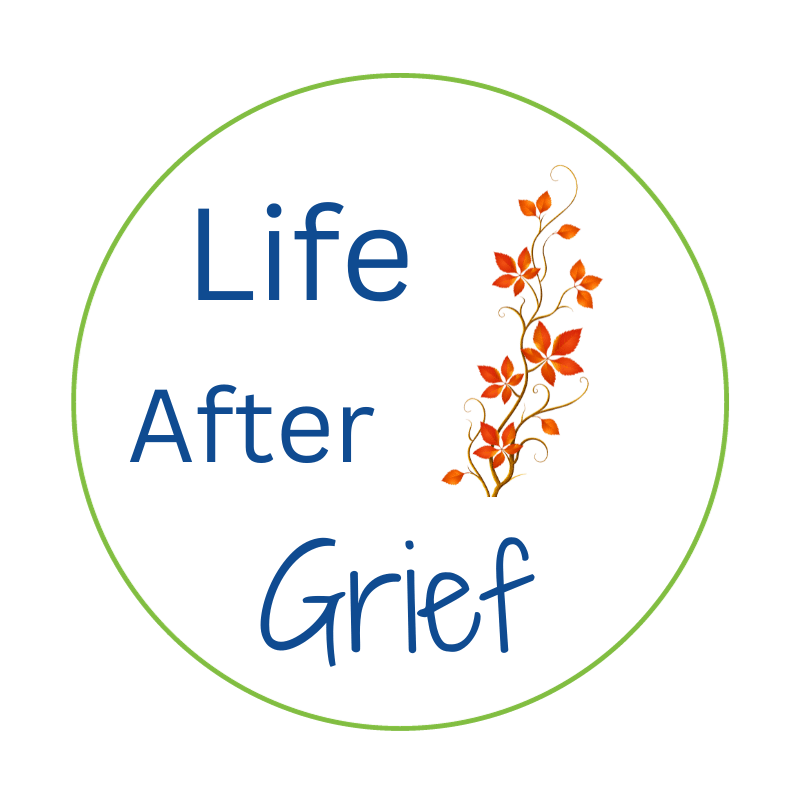
Hi everyone,
Morningstar’s November 14, 2022 article, Financial Shame: How to Break the Vicious Cycle discusses the short- and long-term consequences of how avoidant behaviors can make any challenging situation even worse.
What is the difference between shame and guilt?
The difference between shame and guilt is who or what gets the blame. Shame judges the person as ‘being a bad person’. Guilt judges the negative aspects of the behavior as ‘doing something bad’.
Shame provokes withdrawal from people and avoidance of uncomfortable truths. Guilt leads people to apologize and promise to make reparations.
What is a financial shame spiral? It’s a loop between feelings of shame and financial hardship, which can turn into a poverty trap.
Inaction can lead to unpaid bills, missed payments and bank fees, which can mean electric or phone or water turnoffs, eviction or foreclosure, overdrawn bank accounts or damaged credit scores, and more.
Even if there are plenty of financial resources, tracking and managing money after a loss can be complicated, confusing and conflicting.
How do you break the cycle?
In a thought experiment on financial well being and behavior with 3 groups:
listed 11 values in order of importance (value)
recalled moments of kindness with others (kindness)
ranked jelly bean flavors and identified their favorite (control)
Kindness made the difference.
If you or someone you know “is facing financial hardship, feeling financial shame or exhibiting financially avoidant behaviors”, here are some Dos and Don’ts to consider following:
DOs
DO focus on positive characteristics of the person
DO encourage people to face hard truths, stop acting like an ostrich
DO empower people to attend to urgent tasks which need attention
DON’Ts
DON’T judge or ridicule them
DON’T point out mistakes that have already been made
DON’T add any more shame to what they are already feeling
By shifting from a negative outlook to a positive one, we can identify what’s broken, find solutions and fix the problems created by the grief and financial shame spiral.
Since emotions drive these behaviors, logical solutions won’t make sense. Shame strikes at who a person is and requires a human, rather than a tactical answer, to buffer the pain and break the toxic cycle.
Complications With Money After Death
Most people have a complicated relationship to finances.
It starts with how our parents handled communication and practices around money when we were children. Those patterns often carry through into our adult relationships.
They include:
Practicing open communication or secrecy
Learning how to be responsible with money early
how to set up and follow a budget
how to monitor and balance bank accounts
how to track income and expenses
how to pay bills and manage credit
how to negotiate and be paid fairly for jobs
Planning for the future - savings, investing, retirement, etc.
*****
When someone’s spouse dies suddenly or after an illness, lack of communication and planning about finances can make grieving much harder. This is especially true for widows since, historically, men approved all financial decisions in a marriage. This is ironic because 80% of decisions about purchases, from cars to household appliances, are made by women.
*****
Having as much information as possible enables us to make better decisions about what to do with the money and other assets, such as:
Where are the necessary documents to understand what your current financial situation is, including wills, statements, deeds, etc.?
What kind of funeral arrangements or services did they want?
Do you know their intentions for what they have left behind?
How do you decide what to do when they are no longer here to ask?
Who are the experts you can trust to guide and support you, while honoring your wishes?
With this information, it’s easier to decide what comes next. Even when there are ample resources, not making urgent financial decisions can provoke an unnecessary crisis.
Although I am talking specifically about what happens after someone dies, grief and financial shame also happen after a job loss, eviction, foreclosure, business failure, divorce, etc.
My Story of Grief, Guilt and Shame
When my artist husband, David, died of pancreatic cancer in 2016, I went from having two incomes to just one. I was responsible for paying rent on his studio, as well as our apartment. I was afraid to open the mail because getting endless medical bills I couldn’t pay was so terrifying. I came very close to being evicted and having the power turned off.
I was an Affluence Code coach who couldn’t deal with clients and a proofreader/editor who couldn’t focus, had unreliable energy and gaps in my memory so I couldn’t execute detailed work. My ability to generate an income was exactly zero.
Also, I needed to clear out my husband’s 500-square foot studio of over 30 years of drawings, watercolors and paintings to reduce expenses, when every time I went in there I wept. Since there was no money to pay for storage, everything would have to come home with me eventually.
*****
David was excited to leave me so much art that I could sell. Unfortunately, since he never culled anything, some of the 100s of paintings were unsaleable. I had to destroy those since they did not represent him and I just had no room. It broke my heart. I felt like I was betraying him. I also wound up begging family and friends for money to survive and selling art I would have liked to keep for less than its true value to pay the rent. I had no choice.
It was embarrassing and shameful. I felt guilty that I couldn’t take care of myself by myself and had to ask for help. I was not graceful about it and how I behaved damaged relationships I treasured. I am still working on repairing some of them close to 8 years later.
*****
Now, I am able to work as a grief resilience coach and serve clients, to speak on podcasts and published a book. Yet, I still am unable to sell David’s work for what I believe it’s worth. Every time I sell a piece for less, it hurts my heart. I wonder if I am doing the right thing, if David would be angry with me.
It took 5 years for me to realize that his work has passed on to me and whatever I decide to do with it, the choice is now mine. After all, he isn’t here any more to ask. That fact is both true and heartbreaking.
Common questions include:
If there is no will, what were their intentions and how do you honor them if you don’t know?
What happens if their will or spoken wishes put you at odds with other people?
How do you deal with the conflicted feelings when you spend, save or invest the money they left you as you see fit?
*****
Grief is incapacitating and its effects last a long time, with the first two years being the worst. The most pressing questions are:
Who am I without them?
How will I survive alone?
Am I letting them down?
Why has (person I counted on to be there) abandoned me?
What does the future hold for me?
The bottom line is that there is no way to know what those who have passed away would do or say if they were here. All we can do is honor their wishes as best we can.
Although it’s painful to decide alone, and hurts to have to, your life goes on and the choices are now yours to make, as best you can. Trust yourself.
Your Legacy - What Will You Leave Behind?
An inspiring story came out in the New York Times on February 26, 2024, “1 Billion Donation Will Provide Free Tuition at a Bronx Medical School,” about Ruth Gottesman, a widow whose financier husband left her his Berkshire Hathaway portfolio. “The instructions were simple: “Do whatever you think is right with it,” she recalled.”
It’s an amazing story because Bronx medical schools like The Albert Einstein College of Medicine don’t usually get $1 billion dollar charitable donations for such a cause. Those gifts go to better known, more prestigious organizations.
However, what struck me most about the article was a single line at the very end, “Dr Gottesman sometimes wonders what her late husband would have thought of her decision.”
Even with the clearest instructions, we wonder.
*****
If you find the Life After Grief newsletter inspiring, informative or helpful, please subscribe and share the issue with others.
This newsletter issue, Navigating Grief and Financial Shame talks about how complicated it is to make decisions alone, especially financial ones, after a loved one passes away. If you want to know how I can support you, let’s chat.
Schedule a complimentary 20-minute zoom call to talk about how to move forward with more ease on your grief journey. Click the link below: https://thebadwidow.com/ConnectWithAlison.

